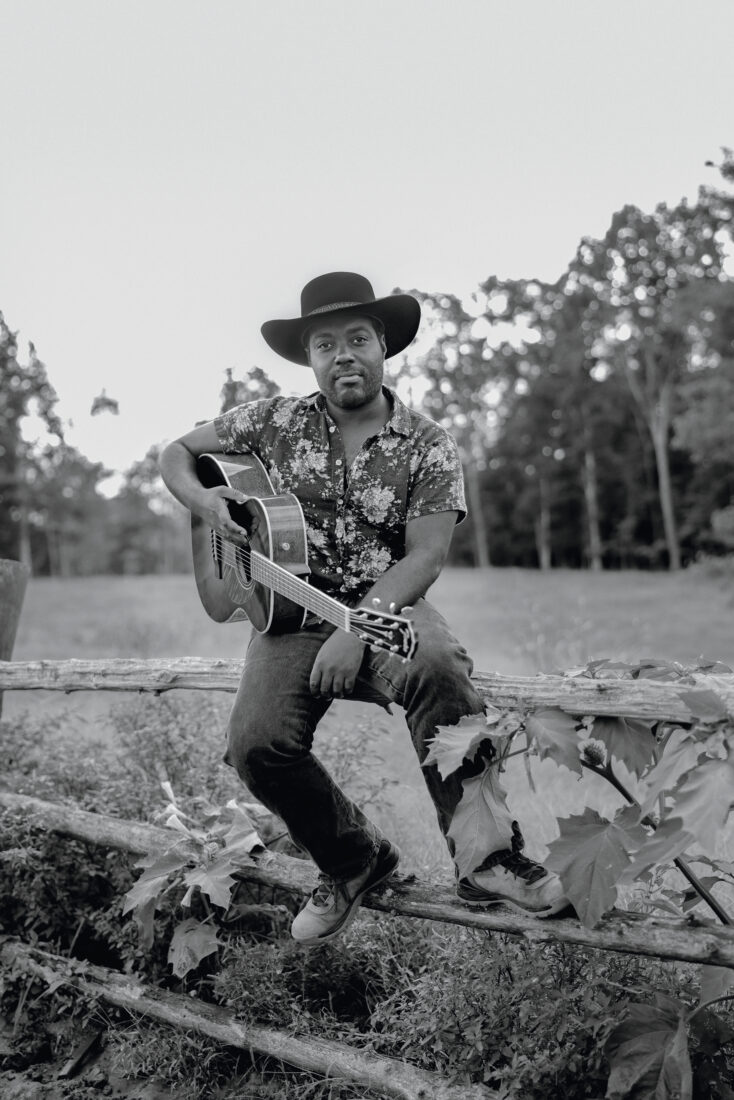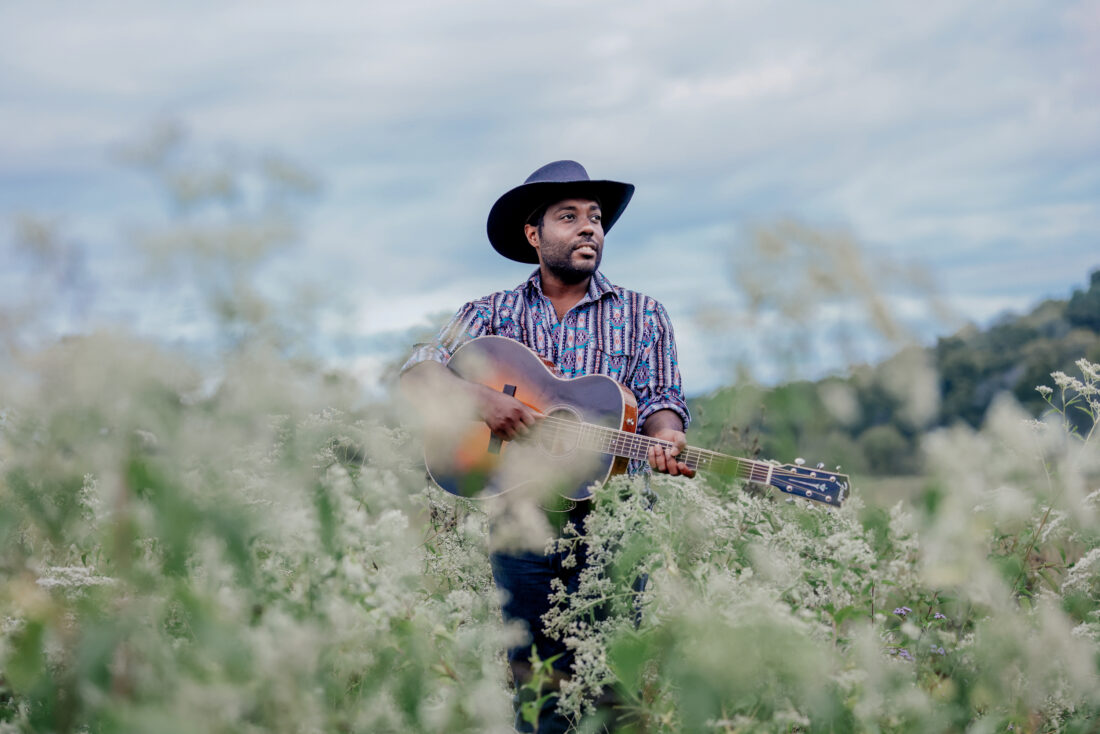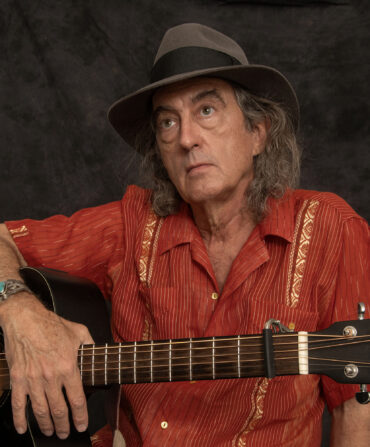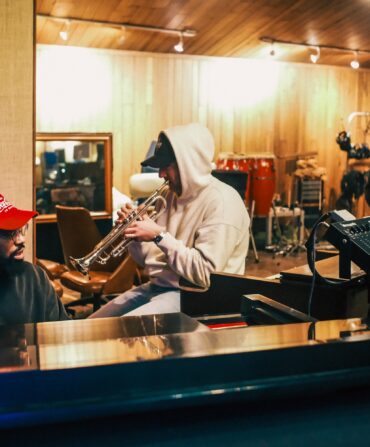In September 2021, during the annual AmericanaFest in Nashville, Black Opry founder Holly G waited at an East Nashville Airbnb to see who might join her there. The organization was still nascent; Holly had started it as a blog several months earlier, mainly as a way to connect with other Black country music fans. But as word of Black Opry spread, it became clear to her that it had the potential to grow into more than an online hub, so she had arranged a gathering to try to further the momentum.

“There were a few Black artists that played AmericanaFest, but they weren’t supported once they left the stage,” Holly says from her home in Nashville, where she moved in 2022 from her native Virginia. “Networking is crucial, and I wanted to help make it happen.” She was hoping for a handful of attendees; ten would have been a dream. As it turned out, more than thirty people crammed into the rental at one point: Black artists, Black industry people, and other allies, trading guitar licks and business cards.
Since that day, Black Opry has established itself as a leading force for diversity and racial equity in an industry that remains stubbornly monochromatic. Not long after the Airbnb meetup, Holly assembled the Black Opry Revue, a tour with a rotating collective of Black country musicians that played forty dates in 2024. And Holly has now reached another significant milestone with the formation of Black Opry Records, her own label supported by the Nashville indie powerhouse Thirty Tigers, and the release this fall of its debut album, The Phoenix, by the Virginia-born singer Jett Holden. It’s a move that plants a flag in the Nashville music scene—and more releases are on the way. “With the label, it feels like more than just a movement,” Holly says. “It’s a concrete thing where artists can develop and feel supported.”
As she was growing up outside of Richmond, Holly listened to a mix of genres but felt especially drawn to country. She hesitated to attend shows, though, wary that she might be the only person of color in the room. She had been working as a flight attendant when the pandemic hit, and afterward, she began spending much of her downtime scrolling through social media accounts in search of other country music fans of color. But after the murder of George Floyd in 2020, her fandom turned into more of a mission. “I decided the way I could bring about change was to shine a light on Black musicians,” she says. “I had been hoping I could find other Black people that enjoyed country music, but I ended up finding more Black country artists instead.”
Holden was one of the first she connected with, after she discovered a snippet on Instagram of his song “Taxidermy,” which showcased his evocative storytelling and rich baritone. When she reached out to him, he had already abandoned the idea of a music career. Holden identifies as queer and had grown weary of having doors shut to a gay Black country artist. But Holly’s passion for country music and inclusivity convinced him to keep pursuing his dream.

The Phoenix blends tender, heartfelt tracks like “West Virginia Sky” and “Taxidermy,” a song Holden wrote as a critique of performative activism in the wake of police brutality (“Taxidermy for your Facebook wall”). Searing rockers show up in the blistering “Karma” and the anthemic “Backwood Proclamation,” an ode to self-love that features guitar gunslingers John Osborne and Charlie Worsham. “I bring all types of music into my writing,” Holden says. “Jim Croce, Foo Fighters, Tracy Chapman, and India Arie; I took my favorite parts from each and mashed them together.”
Holly makes a point of acknowledging that she isn’t the only person attempting to bring more attention to Black country artists. Singer Mickey Guyton has been vocal in calling out the industry. Rissi Palmer, who hosts the show Color Me Country Radio on Apple Music, has also been influential in showcasing artists of color. In the 1990s, artists Cleve Francis and Frankie Staton established the Black Country Music Association, which fizzled after some initial success. But with the power of social media, and support from allies in the industry, Holly has been able to connect with a new generation of musicians and work toward a sustainable outlet. “Jett never gave up,” she says, “and the special thing is seeing an artist playing guitar alone on YouTube but then headlining shows. Sharing these hidden gems with the world is a really big win.”








